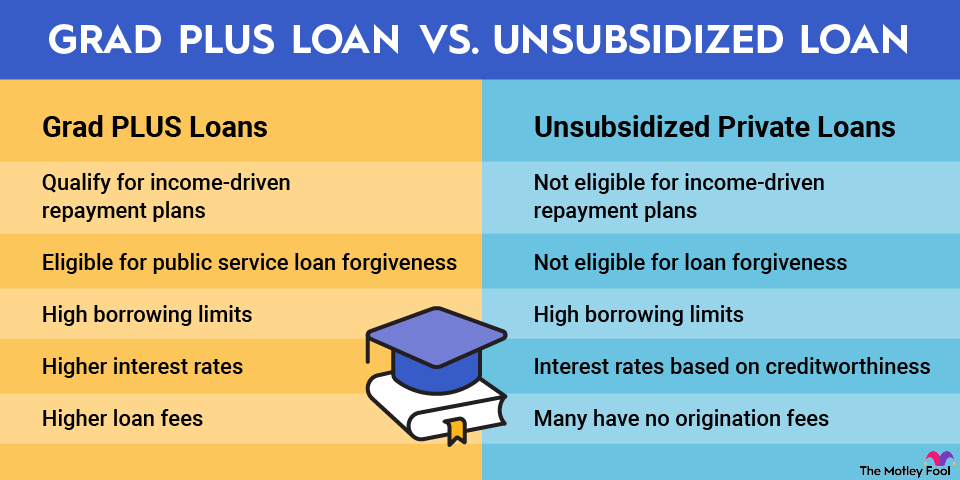Many people won't already have the money available to go back to college. That doesn't have to be a show-stopper, though.
Check to see if your current employer provides any tuition assistance. Research all of the grants and scholarships that are available. The finance offices of the colleges that you're considering should be able to help with this. You can also look online at websites such as StudentScholarships.org and Scholarships.com.
Consider applying for a student loan. If you already have student debt, find out if you qualify for student loan forgiveness.
3. Select a college that's a good fit for you.
There are several key factors to consider in selecting a college that’s a good fit for you. These include:
- Courses and programs offered. Not every college will offer the courses and programs that you need to achieve your goals. Limit your list only to those that do.
- Work experience credit. Some colleges will offer credit for your experience in the workforce. For example, if you've worked in information technology your entire career, you might be able to receive credit for some courses and not have to take them.
- Location. If some or all of the courses you'll need to take require you to be in the classroom, location will be of paramount concern. Unless you're willing to move, you'll only want to consider colleges that are within a reasonable driving distance from where you live now. Note, however, that some colleges offer programs that are completely online, making the location a non-issue.
- Schedule flexibility. Many people who go back to college after 40 will continue working. If you're in this group, you'll want to make sure that the colleges you're considering will offer a schedule allowing you to work while going back to school.
- Cost. Even if you have saved to go back to college or obtain financial aid to do so, the cost is important. Private colleges usually cost more than public colleges. Also, community colleges can be especially cost-effective.
4. Determine a schedule that's workable for you.
Make sure you don't bite off more than you can chew with a college course schedule that's too heavy. This is particularly applicable if you will continue working either full-time or part-time while you return to college. Online classes that allow you to participate whenever works best for you can be great options for working adults who go back to school.
5. Don't be afraid to ask for help.
Ask for help when you need it. Your family or friends might be able to help pick up your kids while you're in class. Fellow students can be a great resource to help you be successful in courses that are difficult. Take advantage of study groups. If you don't understand something in a course you're taking, ask to speak with your instructor.
Pros and cons of going back to college
As with pretty much everything in life, there are pros and cons to going back to college after 40. They include:

















